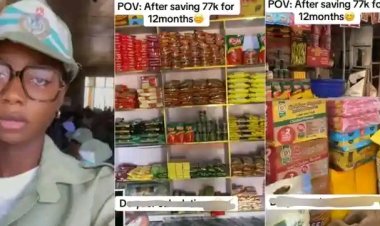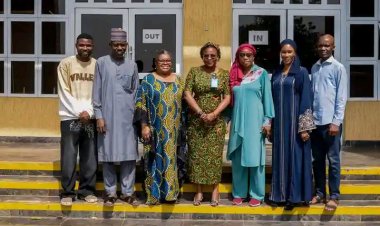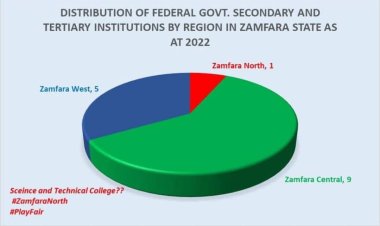Private University Students Question Exclusion from NELFUND Loans Amid Rising Costs of Living
Private university students in Nigeria are urging the Nigerian Education Loan Fund (NELFUND) to extend its loan program to include their institutions, citing increased financial strain from rising inflation, tuition hikes, and living costs.

In the face of mounting financial pressures from rising inflation, increased living costs, and significant tuition hikes, students from private universities in Nigeria are calling for the Nigerian Education Loan Fund (NELFUND) to expand its loan offerings to include private institutions. Currently, NELFUND loans are available only to students attending federal universities, a policy intended to direct limited government resources toward those deemed most financially in need.
NELFUND’s administration has stated that the restriction aligns with its primary goal: to assist students facing significant financial difficulties while managing limited national resources. The organization has historically concentrated disbursements to federal university students, with a notable focus on supporting students from the northern regions of the country, based on indicators of higher levels of financial hardship in those areas. The assumption underpinning the policy is that private university students generally possess greater financial security and thus do not require similar levels of financial aid.
However, students from private institutions argue that this assumption fails to capture the financial realities of many families who send their children to private universities. While private universities have traditionally had higher tuition rates, the economic conditions in Nigeria have impacted students across the board, with significant increases in both tuition fees and living expenses affecting students in all types of institutions. The inflationary pressures on basic goods, housing, and other essential needs are weighing heavily on many private university students, who currently have limited access to financial aid.
Amid these rising concerns, some student advocates and stakeholders are urging the government to reassess NELFUND’s eligibility requirements. They argue that rather than assuming a certain level of wealth based on the type of institution attended, a need-based assessment approach would more accurately reflect the financial challenges faced by all students, regardless of university type. This, they suggest, could ensure a more equitable distribution of support to students in need, across both federal and private universities.
In response, NELFUND has reaffirmed its commitment to providing assistance within the scope of its current financial capacity, with its leadership emphasizing the prioritization of resources based on perceived need and existing constraints. While no policy change has been announced, there is some indication that NELFUND may consider future adjustments to eligibility criteria should additional resources allow.
For now, private university students continue to face limited access to national education financing options, even as they navigate the same economic challenges that impact their peers in public institutions. This ongoing debate highlights a growing need for policy adjustments to address the evolving financial landscape and rising education costs across Nigeria.

 Chris Oyeoku Okafor
Chris Oyeoku Okafor 



